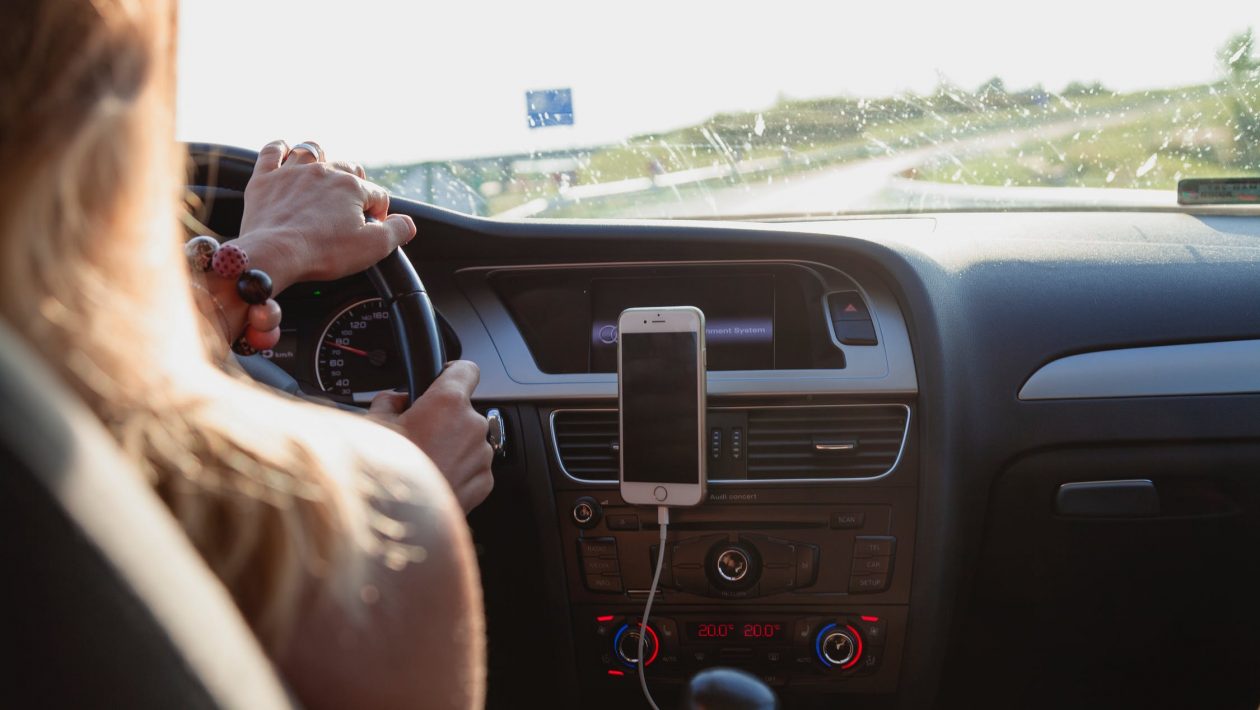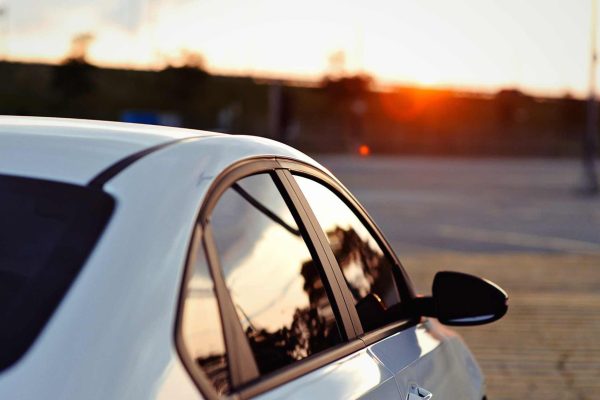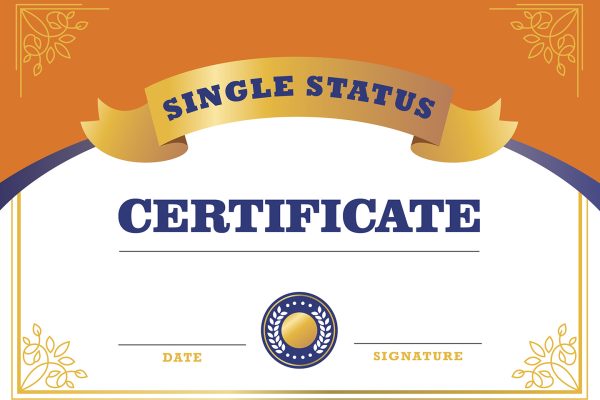Few states love passing propositions as much as California. In 2018, voters had their say on 11 different propositions that dealt with everything from rent control to dialysis clinic regulations. They declared they wanted to get rid of Daylights Savings Time, although there are still several hurdles in place before that law becomes a reality.
But one of their more important (and often forgotten) propositions passed back in 1996 when the people voted yes on Proposition 213. That law limits the ability of some drivers to collect damages after a car accident. Read on to find out more about Proposition 213’s impact on you as a motorist.
Uninsured drivers and Proposition 213
In a nutshell, Proposition 213 limits the kind of damages drivers can seek out if they’re in a car accident. Before we get into that, you should know that there are two kinds of damages sought by plaintiffs in these accidents: economic and non-economic. Economic damages cover things like medical bills and lost wages. Non-economic damages can be harder to define. It includes things like pain and suffering.
For instance, let’s say someone gets T-boned by a driver and suffers major injuries. The accident occurred at a traffic light, and now just seeing traffic lights is enough to incite a panic attack. That’s considered a form of emotional damage rather than an economic one. If the victim, in this case, was not carrying car insurance at the time of their accident, then Proposition 213 says they’re not entitled to sue for damages from the panic attacks. They may be able to pursue the cost of physical injuries, but emotional injuries are off-limits to them.
What’s the reasoning behind this? Basically, Proposition 213 is a way of rewarding people who pay for their car insurance premiums in California .It may feel weird to view something like, “You can sue this person for pain and suffering” as a kind of prize, but that’s the goal here. The goal is also to punish people who don’t have car insurance.
Not having car insurance is illegal in California unless you can prove your financial responsibility for a car wreck in some other way. Most drivers are way more likely to be pulled over by a highway patrol officer and given a ticket for not having insurance. But if they get into an accident and want to sue for non-economic damages, the law prohibits them from doing so in most cases.
Drugs and alcohol
Proposition 213 was also called the Personal Responsibility Act, which may have made some voters more inclined to support it. Insurance companies also supported the law, not surprisingly. They often support many things that limit the circumstances in which they have to pay out or settle cases after an injury or accident.
But while some uninsured drivers can make a case that it unfairly targets them, other drivers can’t make the same case. That’s because Proposition 213 also limits the ability of drunk drivers to seek out non-economic damages. It doesn’t matter if the drunk driver directly caused the accident or just happened to be in the wrong place at the wrong time. Again, it’s important to note that they may be able to file a case for medical costs and related expenses. No one is saying they can’t file a personal injury claim of any type.
Finally, the law also applies to people who are committing or fleeing from a crime when they get injured in an accident. The vast majority of us of us are not going to rob a bank, run away from the crime scene, and then get hurt in a car accident. That’s a highly specific set of circumstances that almost never occurs in real life. If it does, you’re much better off talking to a criminal defense attorney than a personal injury one.





